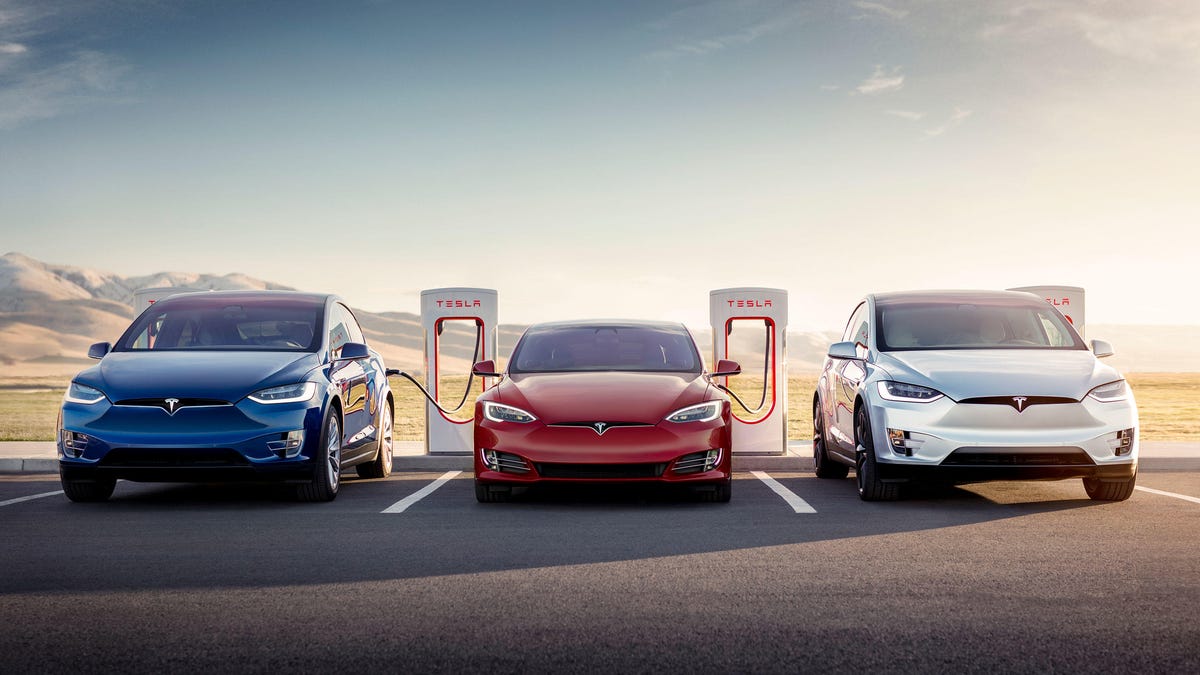Electric-car tax credit issued improperly to thousands, audit finds
Total, buyers improperly claimed over $70 million, but that's a fraction of the total tax credit.
Somehow, the IRS doesn't possess a way to ensure that those claiming the electric-car tax credit when filing their taxes each year aren't doing so improperly. The government flat out said so in its latest audit report. Thus, it's led to thousands of people improperly receiving up to $7,500 to incentivize an electric-car purchase.
The Treasury Inspector General for the Tax Administration issued a report at the end of last month that declared 16,510 tax returns filed a bogus claim for the EV tax credit between 2014 and 2018. That led to $73.8 million worth of tax credits issued for various wrong reasons.
It's unclear if individuals simply claimed the credit without even purchasing an EV, or if owners perhaps claimed the credit more than once. Leasing an electric car also does not qualify a person for the tax credit -- the financial institution gets the credit, since the bank, for example, owns the leased car. Regardless of what happened, the IRS wants its money back.
The Treasury Inspector included four recommended actions to the IRS, which it plans to implement. In the future, the IRS will be better equipped to detect erroneous claims to begin with, thanks to the power of data and analytics. Additionally, the IRS will adopt a new auditing system. As for the funds that individuals already received, expect a fund-recovery program to start in the near future. For those that knowingly took advantage, be prepared to pay the sum back.
The electric-car tax credit is supposed to incentive and help offset the purchase of battery-electric cars and plug-in hybrid vehicles. Based on battery size, the credit can stretch to $7,500 back on a person's tax return.
For automakers, the credits aren't unlimited, however. General Motors and Tesla are both in the sunset period with dollar amounts down to $1,875 per electric car sold. The credit phases out after an automaker sells a qualifying 200,000th vehicle. Legislation to extend the credits, or even remove them altogether, has been introduced by both political parties, though neither initiative has gained traction.


